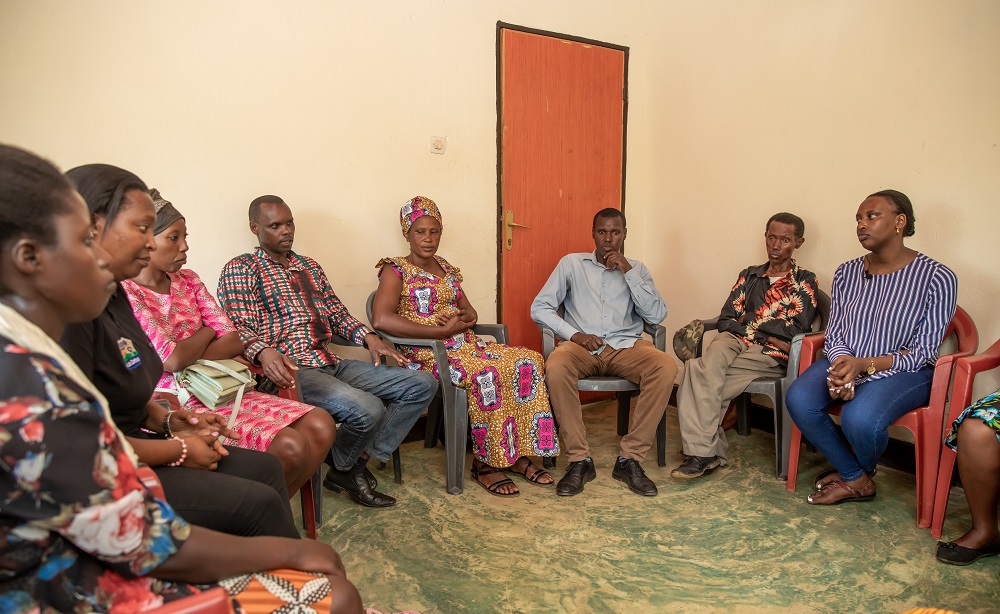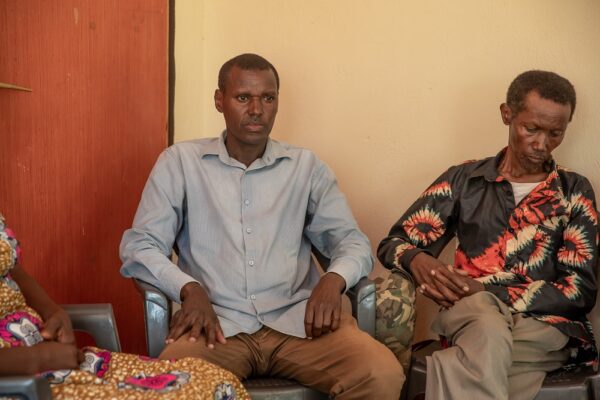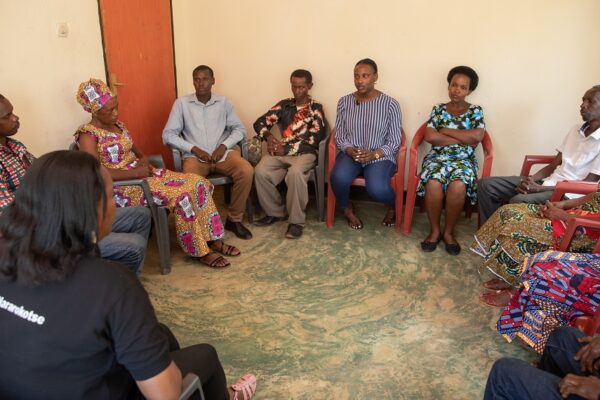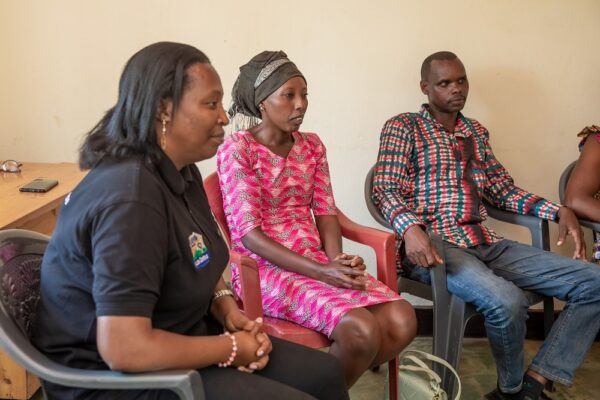How Community-Based Healing Spaces are Strengthening Mental Resilience in Rwanda

In Rwanda, a country that has experienced immense trauma following the 1994 Genocide against the Tutsi, community-based healing spaces are providing a safe and conducive environment for individuals to strengthen their mental resilience. These spaces help to create a culture of understanding and acceptance, allowing people to share their stories and find solace in the collective healing experience. Evariste Buregeya, 49, a resident of Bugesera District in Eastern Rwanda, like many others, has been striving to overcome the trauma he experienced in 1994.
In a family of nine, only Evariste, his young brother and sister survived the atrocities of the Genocide. This was the catalyst for a life of misery and despair, plunging him into a deep state of trauma and depression. He lost all interest in studying or working, as he had no hope for the future. At the age of 49, he remained unmarried, haunted by the fear that the Genocide could happen again, and his new family would be massacred.

Mental health issues remain a major obstacle to mental, social, and economic resilience for a considerable part of the Rwandan population, as well as to the cohesion and reconciliation of the community, according to several studies conducted by Rwanda government institutions such as the Ministry of Health (RBC 2018) and the former National Unity & Reconciliation Commission (Rwanda Reconciliation Baromoter- 2020) among others.
Evariste regained hope after joining a Resilience-oriented therapy healing space created by Interpeace through its partner, Groupe des Anciens Etudiants et Elèves Rescapés du Genocide (GAERG), as part of its Societal Trauma Healing Programme in Rwanda, funded by the European Union and the Government of Sweden through the Swedish International Development Cooperation Agency (Sida). The Resilience-oriented therapy is a multi-phase group-based treatment that focuses on emotion regulation to address anxiety or depression, behavioral self-management to tackle substance abuse or aggression, and identity development to address chronic emptiness or alienation. It was introduced in Rwanda in 2020 by Interpeace in close collaboration with the Ministry of Health’s specialised agency, Rwanda Biomedical Center (RBC) to provide psychosocial support to those struggling with psychological distress and strengthen their mental resilience. By joining this healing space, Evariste was able to find hope and a renewed sense of purpose.
After attending the Resilience-oriented healing space for a period of three months along with nine other people from his neighborhood who were facing the same challenges, Evariste recognised that the therapy had positively changed his life. “I no longer feel depressed; my suicidal thoughts have gone, and I have regained my smile,” he narrates, adding that “My fear for a potential Genocide is no more. My plan is to get married soon and start a beautiful family.”


The 10 group members who attended the resilience-oriented healing space were identified during a screening process performed prior to the start of the space. It is through this scientific and rigorous screening process that Interpeace and its partners identify and assess individuals' needs and level of distress, before allocating them to appropriate intervention groups.
Facilitated by well-trained psychologists, Resilience-oriented healing spaces create a conducive environment for participants to share their traumatic experiences, stories and daily challenges and empower them to support and help each other in the healing process.
Evariste’s story is not isolated. The 2018 Rwanda Mental Health Survey (RMHS) conducted by the Rwanda Biomedical Centre (RBC) revealed that the prevalence of various mental disorders in Rwanda is higher than the global average, particularly among genocide survivors. Poor mental health has a detrimental effect on their social and economic wellbeing.
The Mental Health Survey revealed that only 5% of Rwandans suffering from mental health issues seek medical help, partially because of the cultural stigma associated with one-on-one therapy and the overwhelming demand for mental health services that exceeds the capacity of available professionals.


Dr. Yvone Kayiteshonga, RBC’s Mental Health Division Manager, appreciates the impact of resilience-oriented therapy in addressing the challenges faced. “The community-based and group-based approaches that Interpeace uses to improve the mental wellbeing of individuals are adapted to the realities of the context, given the large number of Rwandans who need treatment. These approaches are promising and have demonstrated that individuals who have experienced trauma can heal and regain trust and hope for a brighter future.” Notes Dr. Kayiteshonga.
The programme supports the government’s efforts to build a decentralized national mental health system by strengthening infrastructure, developing the capacities of local professionals, and building a mental health and psychosocial support services coordination network at local level. It also provides equipment such as the Mobile Mental Health Clinic that enables professionals to access remote communities and provide home-based care.
